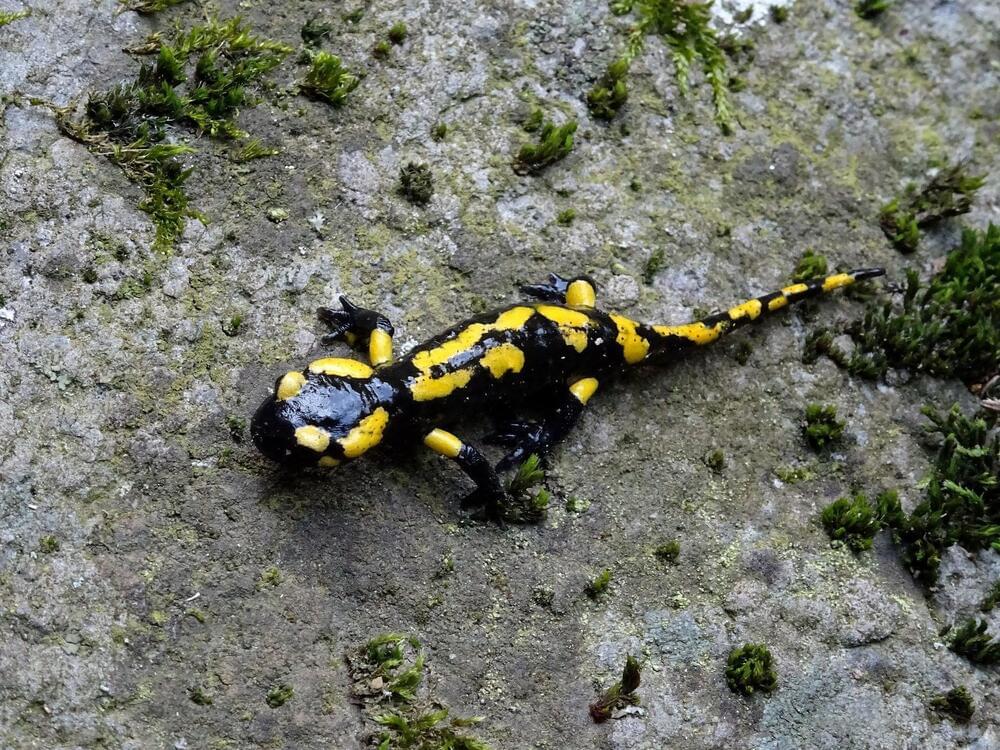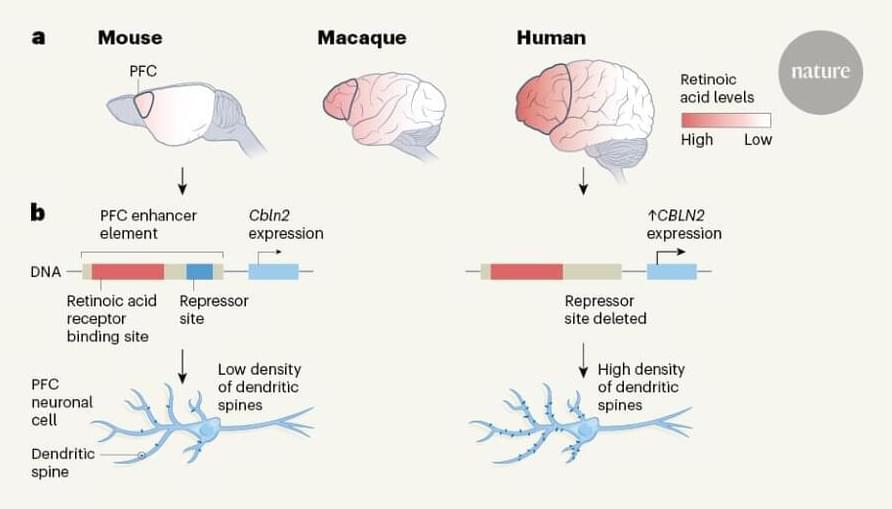It’s Time to welcome our Space Brothers.
Is there intelligent life elsewhere in the universe? It’s a question that has been debated for centuries, if not millenia. But it is only recently that we’ve had an actual chance of finding out, with initiatives such as Seti (Search for Extraterrestrial Intelligence) using radio telescopes to actively listen for radio messages from alien civilisations.
What should we expect to detect if these searches succeed? My suspicion is that it is very unlikely to be little green men—something I speculated about at a talk at a Breakthrough Listen (a Seti project) conference.
Suppose there are other planets where life began and that it followed something like a Darwinian evolution (which needen’t be the case). Even then, it’s highly unlikely that the progression of intelligence and technology would happen at exactly the same pace as on Earth. If it lagged significantly behind, then that planet would plainly reveal no evidence of extraterrestrial life to our radio telescopes. But around a star older than the Sun, life could have had a head start of a billion years or more.







